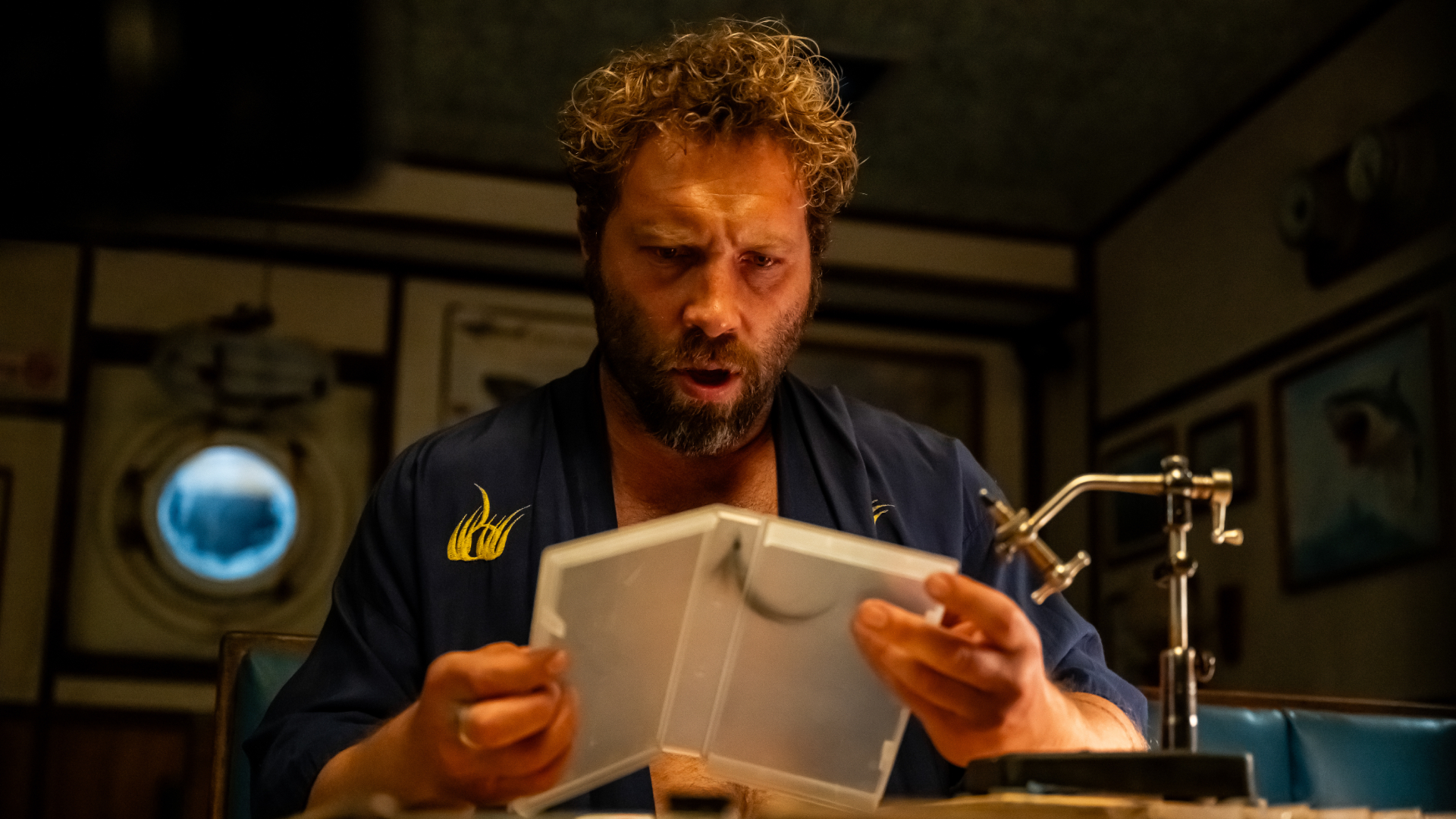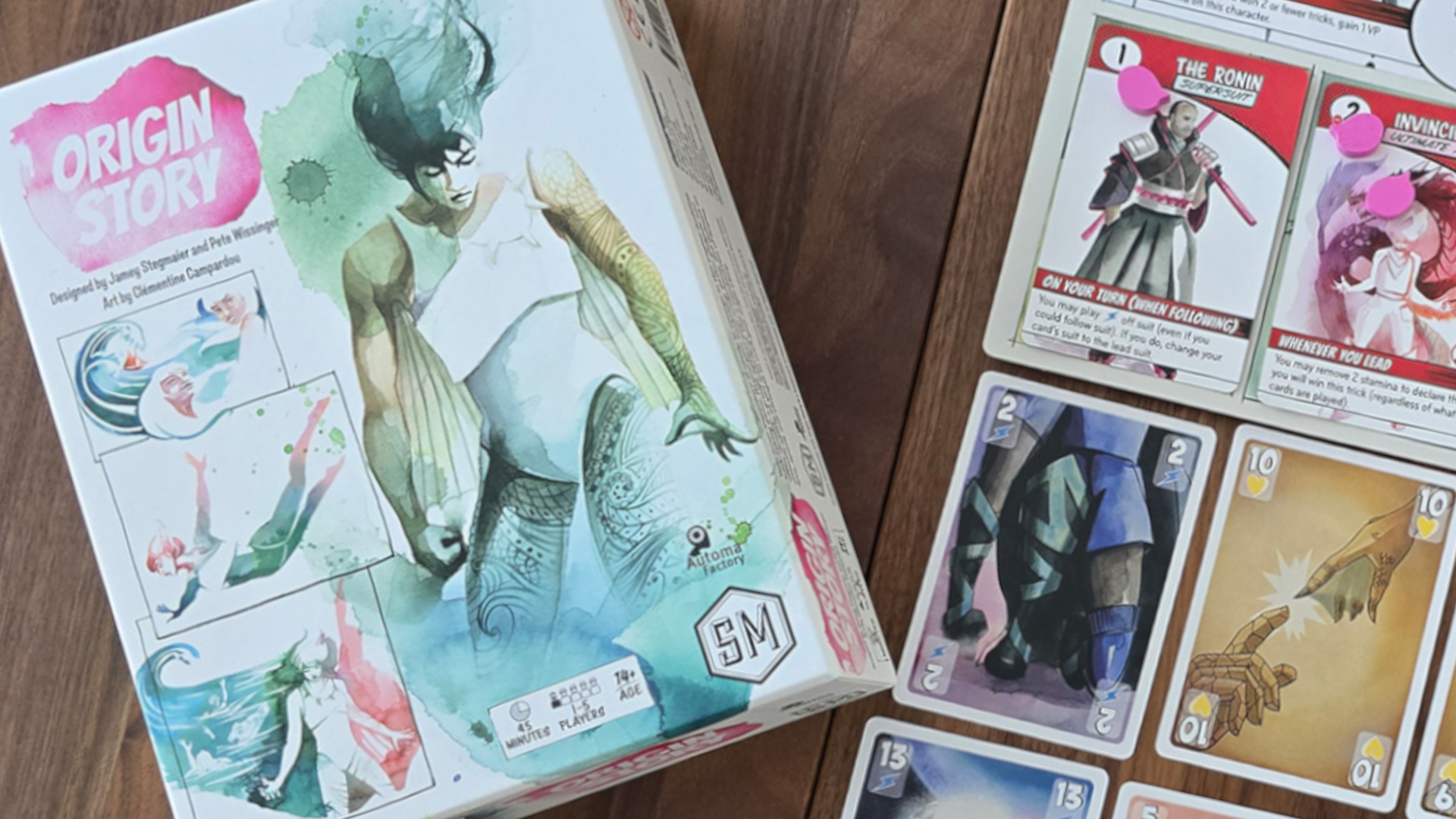A new Hong Kong drama about three d/Deaf friends brings sign language to the big screen in a different way
Big Screen Spotlight | The Way We Talk is a film about finding communication and community
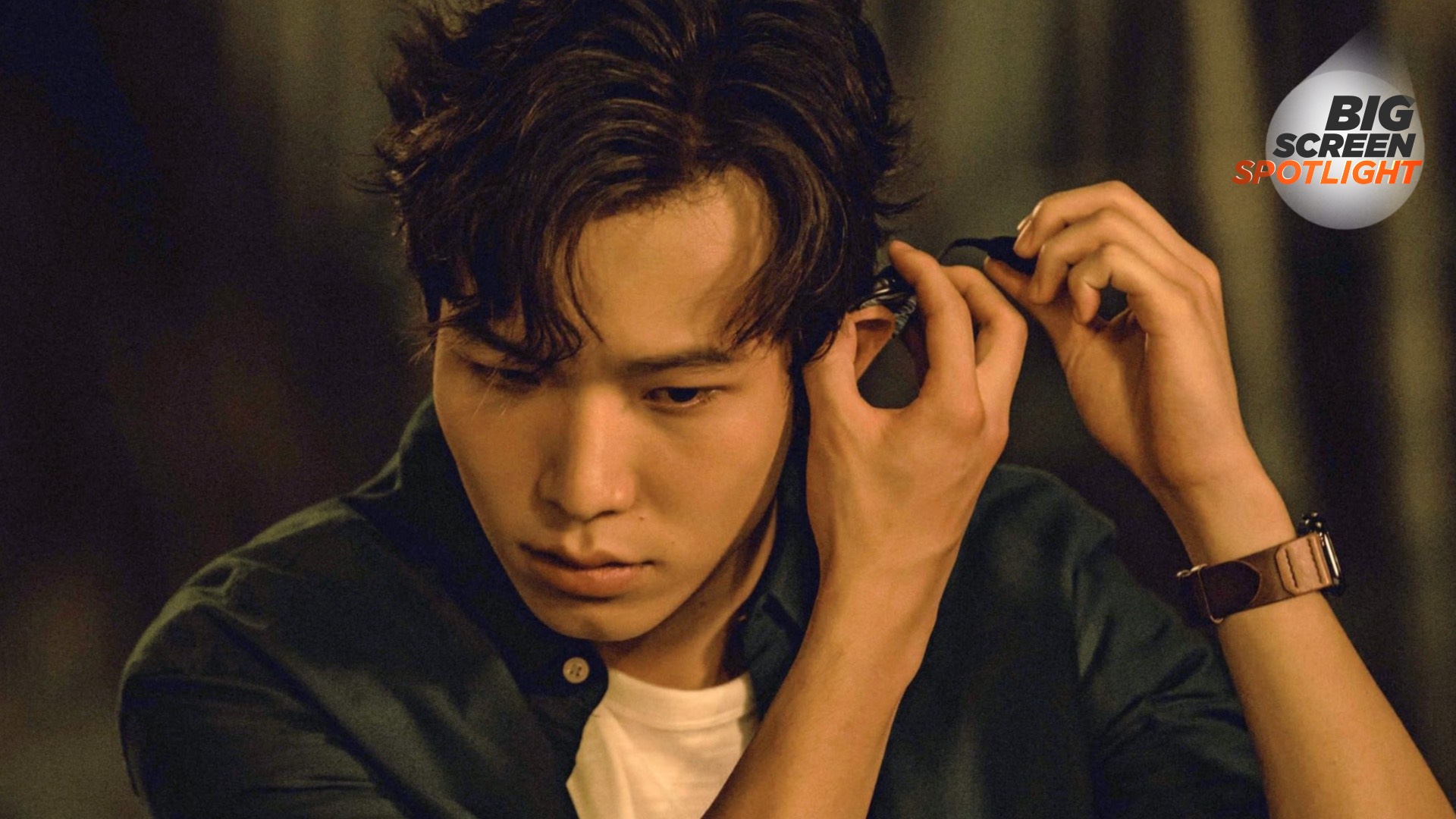
In new drama The Way We Talk, sign language is a tool for both communication and community. Hong Kong director Adam Wong's movie, which had its world premiere at last year's London Film Festival, centers around three d/Deaf friends: Sophie (Chung Suet Ying), Alan (Marco Ng), and Wolf (Neo Yau). Alan and Wolf are childhood friends who met at their speech and language school, where Wolf, who was born into a Deaf family, was often in trouble for refusing to use spoken language.
Flashbacks to 2005 see him clashing with his teacher, with sign language penalized in the classroom, and on-screen text at the start of the film informs the audience that policy around using sign language in schools in Hong Kong only changed in 2010.
Shining a light on the under-the-radar theatrical releases that you need to know about, with a new article every Friday
Cut to almost 20 years later, and Alan has a cochlear implant that helps his hearing. He and Sophie meet as they're both ambassadors for the implant, encouraging other d/Deaf people to undergo the surgery. This puts them both at odds with Wolf, who strongly believes that his lack of hearing is something to be proud of and not something he wants to change about himself.
Something different
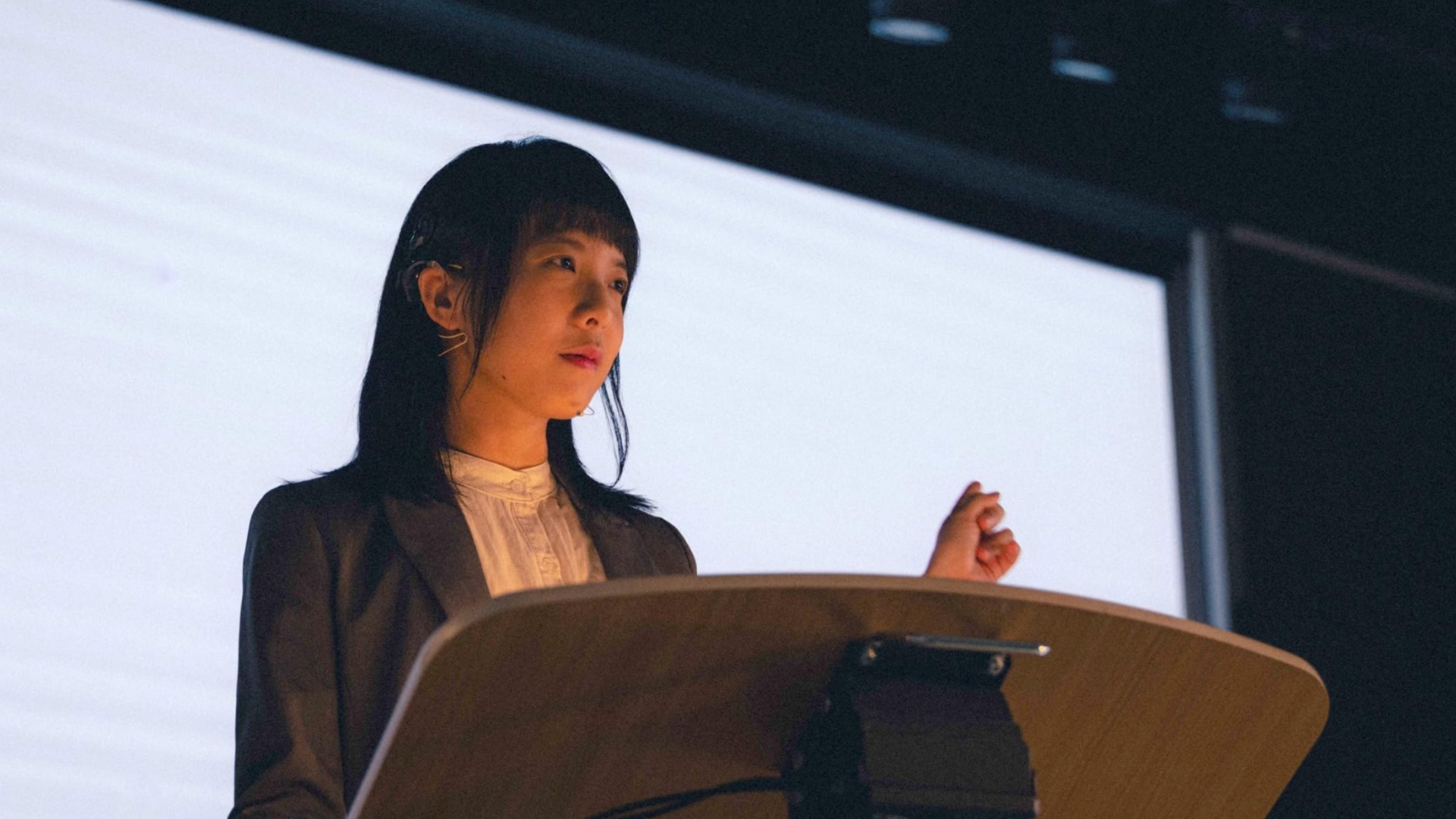
Other recent movies about d/Deaf people or people experiencing hearing loss, like 2021's Oscar-winning CODA or 2019's Sound of Metal, starring Riz Ahmed, often only revolve around one main protagonist and, in the case of CODA, that protagonist isn't actually d/Deaf (the movie's title is an acronym for 'Child of Deaf Adults').
In Sound of Metal, Ahmed's character, Ruben, only starts to lose his hearing in adulthood, so it feels rare to see multiple d/Deaf protagonists on screen who have been experiencing Deafness or loss of hearing since childhood (if not all their lives, in Wolf's case).
Overcome or embrace?
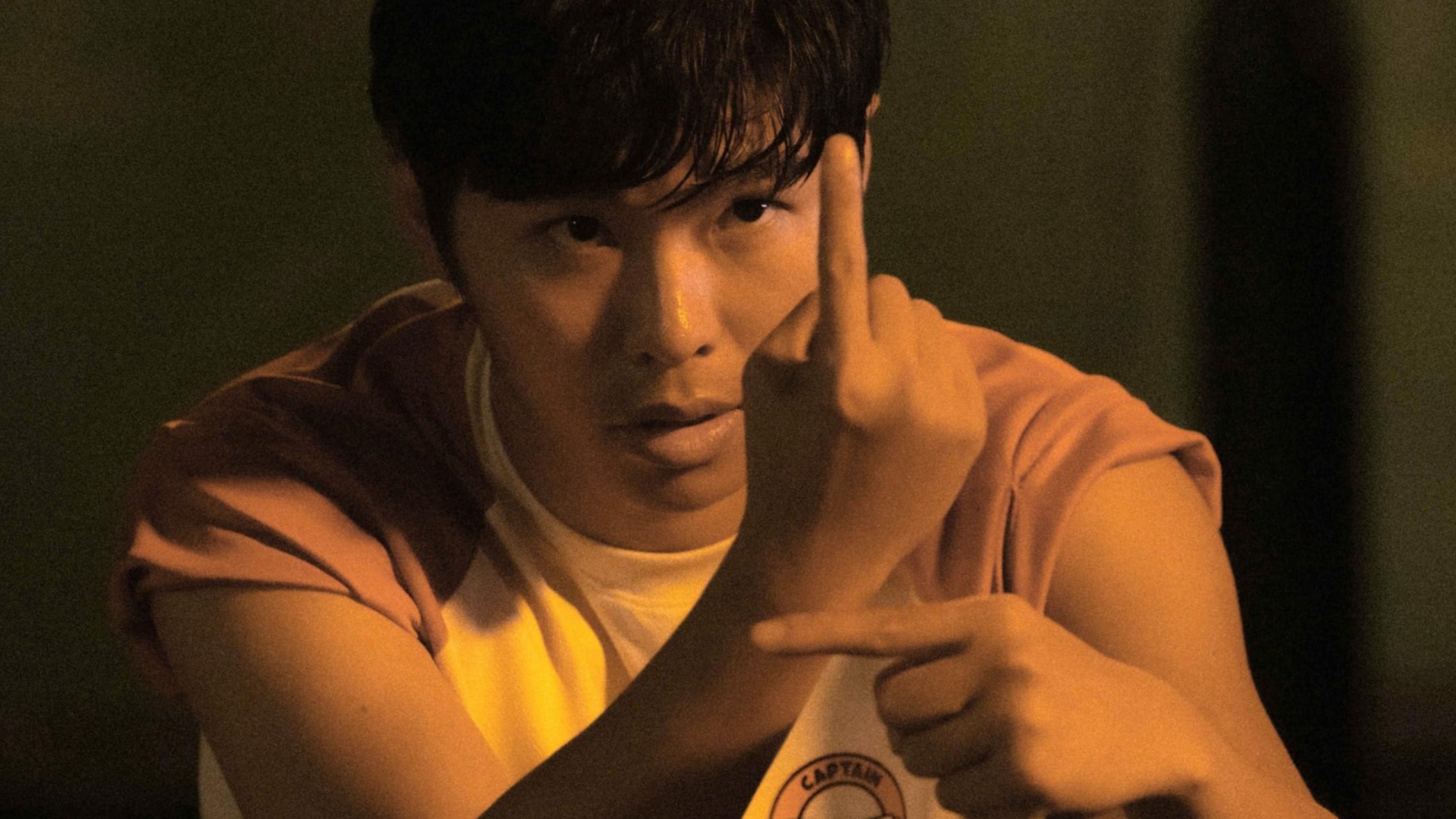
"Amid the dilemma of 'overcoming deafness' and 'embracing deafness,' how can deaf individuals truly live?" Wong said in a statement about the film. "How can one's individuality resist being drowned out by prevailing societal trends?"
In one of the movie's early scenes, Sophie makes a speech for the cochlear implant organization that offends Wolf with its references to normality and eliminating d/Deafness. His outburst upsets Sophie, and she decides she wants to learn sign language – and for Wolf to teach her. New ways of communicating open up new ways of living for her, too: rather than trying to assimilate in a culture that tokenizes and others her, as her mother has always tried to make her do, she's able to find community and solidarity with other d/Deaf people.
The movie's dialogue is spoken in Cantonese, but most of its speech is communicated using Hong Kong sign language. The film's sound often distorts to reflect what its protagonists are hearing in the world around them, particularly when Sophie's cochlear implant begins to malfunction.
Although at times the script feels a little didactic in its depiction of d/Deafness, the movie for the most part feels like an honest portrayal of living with a disability: isolating and frustrating, but also joyful and companionable.
The Way We Talk is out now in UK cinemas. For more on what to watch, check out the rest of our Big Screen Spotlight series.
I’m an Entertainment Writer here at GamesRadar+, covering everything film and TV-related across the Total Film and SFX sections. I help bring you all the latest news and also the occasional feature too. I’ve previously written for publications like HuffPost and i-D after getting my NCTJ Diploma in Multimedia Journalism.
You must confirm your public display name before commenting
Please logout and then login again, you will then be prompted to enter your display name.
